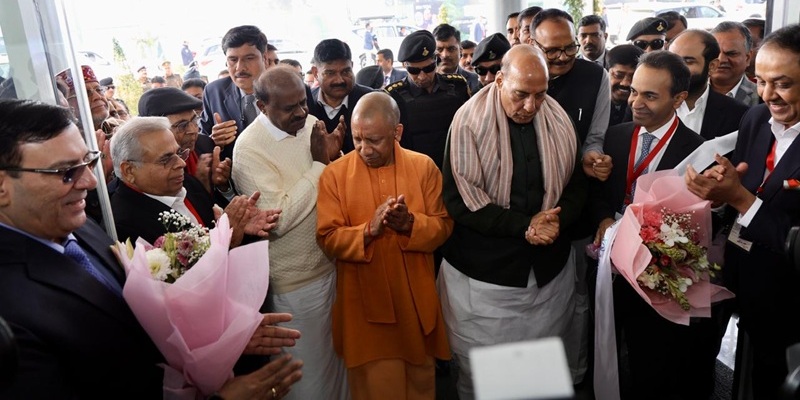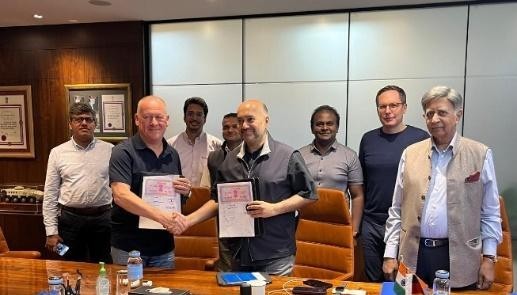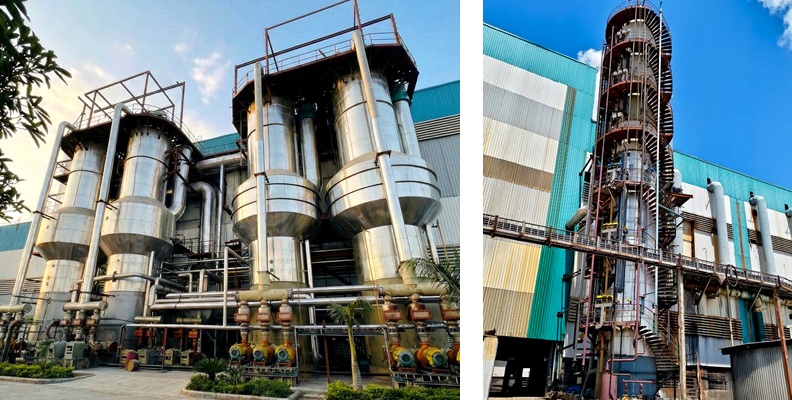Schedule a Call Back
India: A responsible leader in the evolving manufacturing sector
 Articles
Articles- Apr 12,24
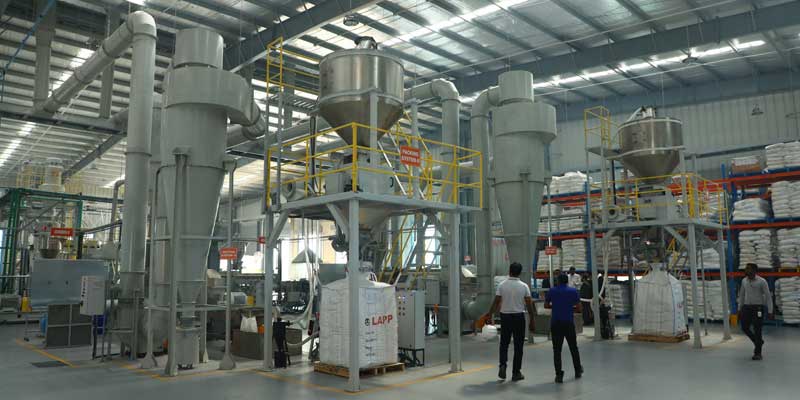
- FICCI
- MarketsAndMarkets
- Grand View Research
- Statista
- Bureau of Energy Efficiency of India
- ICRA
Related Stories
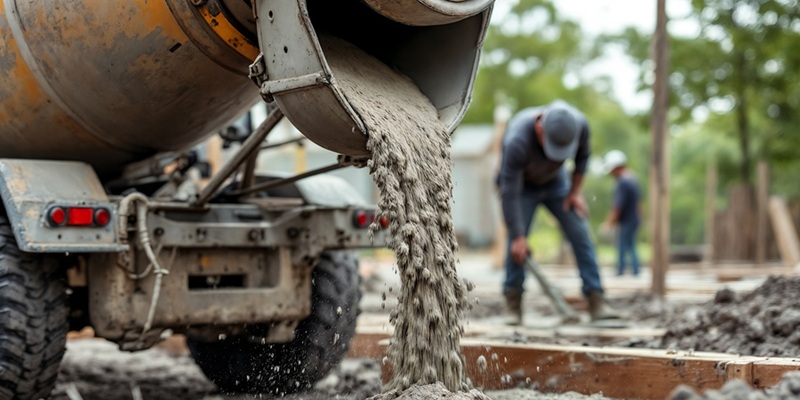
How is AI shaping the future of cement milling?
AI is transforming cement milling by enabling dynamic, data-driven control that improves energy efficiency, stabilises throughput and enhances asset reliability. By leveraging real-time data, predic..
Read more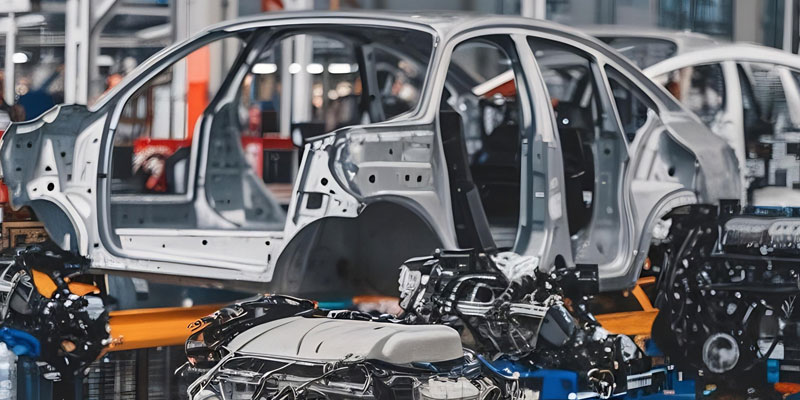
EV transition and tariff wars redefine India’s auto components play
India’s auto component industry is poised to hit $ 145 billion by FY30 from $ 80 billion in FY25. Yet high US tariff, EV transition and heavy reliance on imports from China expose vulnerabilities,..
Read more
Mobec reshapes EV charging, battery reuse: Harry Bajaj
Mobec is redefining both how EV charging is delivered and how battery resources are reused, enabling a flexible and circular EV ecosystem.
Read moreRelated Products

Fanless Industrial Pc for Smart Manufacturing
CONTEC Launches BX-M4600 Series - Fanless Industrial PC for Smart Manufacturing.





